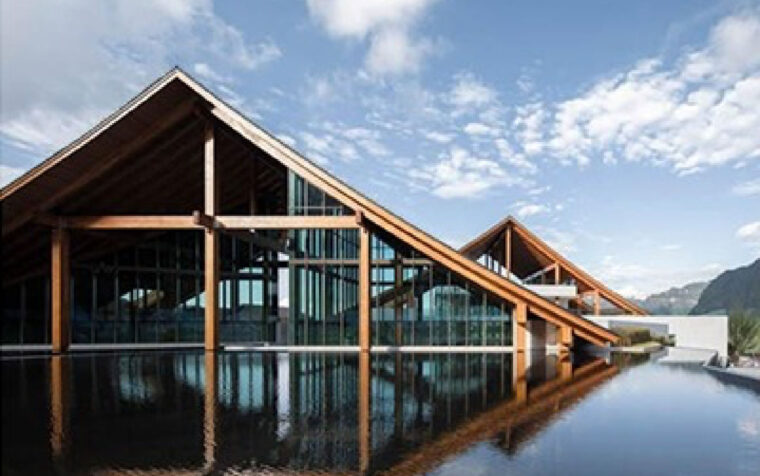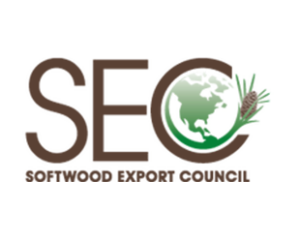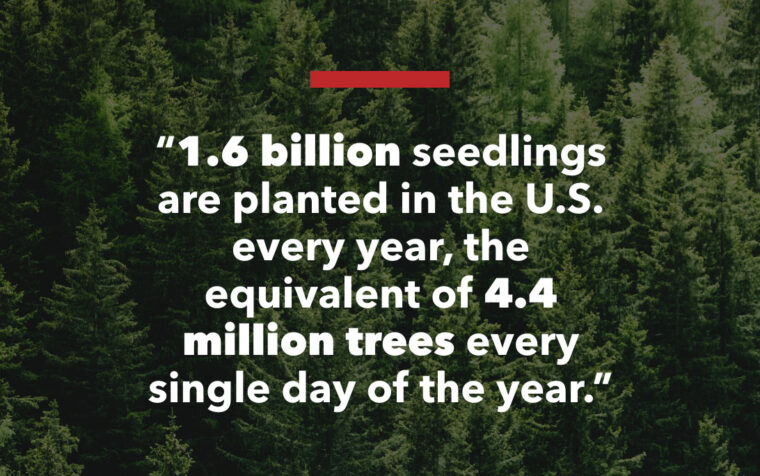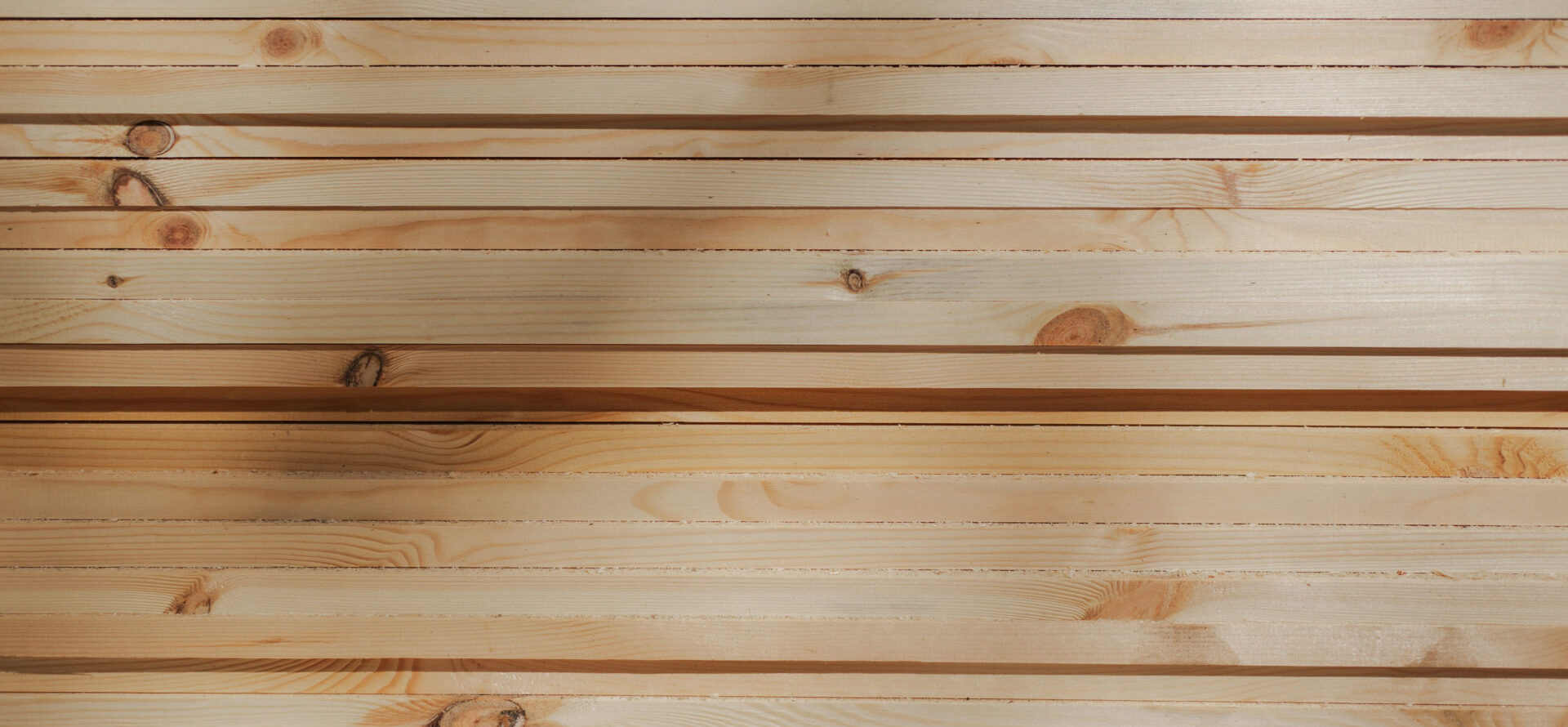
 U.S. softwood lumber exports to Egypt are surging, thanks to new efforts to provide technical assistance and training in the market, and funding in part by the Emerging Markets Program (EMP). An EMP-funded assessment of the Egyptian market for U.S. softwoods showed significant opportunities for export growth given Egypt’s need to find alternative wood sources; while massive development projects are in the works and their furniture industry consolidates efforts to bolster competitiveness. The assessment concludes that interest in U.S. softwoods is on the rise, but much work is needed to train buyers on sourcing U.S. products.
U.S. softwood lumber exports to Egypt are surging, thanks to new efforts to provide technical assistance and training in the market, and funding in part by the Emerging Markets Program (EMP). An EMP-funded assessment of the Egyptian market for U.S. softwoods showed significant opportunities for export growth given Egypt’s need to find alternative wood sources; while massive development projects are in the works and their furniture industry consolidates efforts to bolster competitiveness. The assessment concludes that interest in U.S. softwoods is on the rise, but much work is needed to train buyers on sourcing U.S. products.

To this end, the Southern Forest Products Association, under the Southern Pine Council banner, conducted a series of technical seminars in Egypt, which were also funded in part by EMP. The seminars centered on U.S. grades, sizes, and characteristics in a market accustomed to European and Russian material.
The training was a tremendous success, gathering 121 key lumber traders and furniture manufacturers in two of Egypt’s trading hubs, Cairo and Damietta. Evaluation surveys show that the training resulted in a strong increase in understanding of U.S. softwoods. Demand is also expected to increase: 45% of the respondents in Cairo said that they are “very likely” or “somewhat likely” to begin specifying U.S. softwoods as a result of the event; and in Damietta, that percentage was 56%. Indicative of rising demand is a sharp spike in exports to Egypt: Shipments soared from $2 million in the first 10 months of 2017 to over $8 million in the same period in 2018, an increase of 285%.
The softwood industry is grateful for Emerging Market Program funds – as well as the support and assistance of FAS’s officers and staff in Egypt – without which this successful project would not have been accomplished.

Fast Facts
According to The State of America’s Forests report, responsible forest management has resulted in more than 50 consecutive years of net forest growth that exceeds annual forest removals. 1.6 billion seedlings are planted in the U.S. every year, the equivalent of 4.4 million trees every single day of the year.
Sustainability Spotlight
As trees grow, they absorb carbon dioxide from the atmosphere and release oxygen back into the air. Softwood products store much of this carbon indefinitely. In the case of buildings, the carbon is kept out of the atmosphere for the lifetime of the structure – or longer if the softwood is reclaimed and used to manufacture other products. Video: Sustainability in the U.S. Softwood Industry

